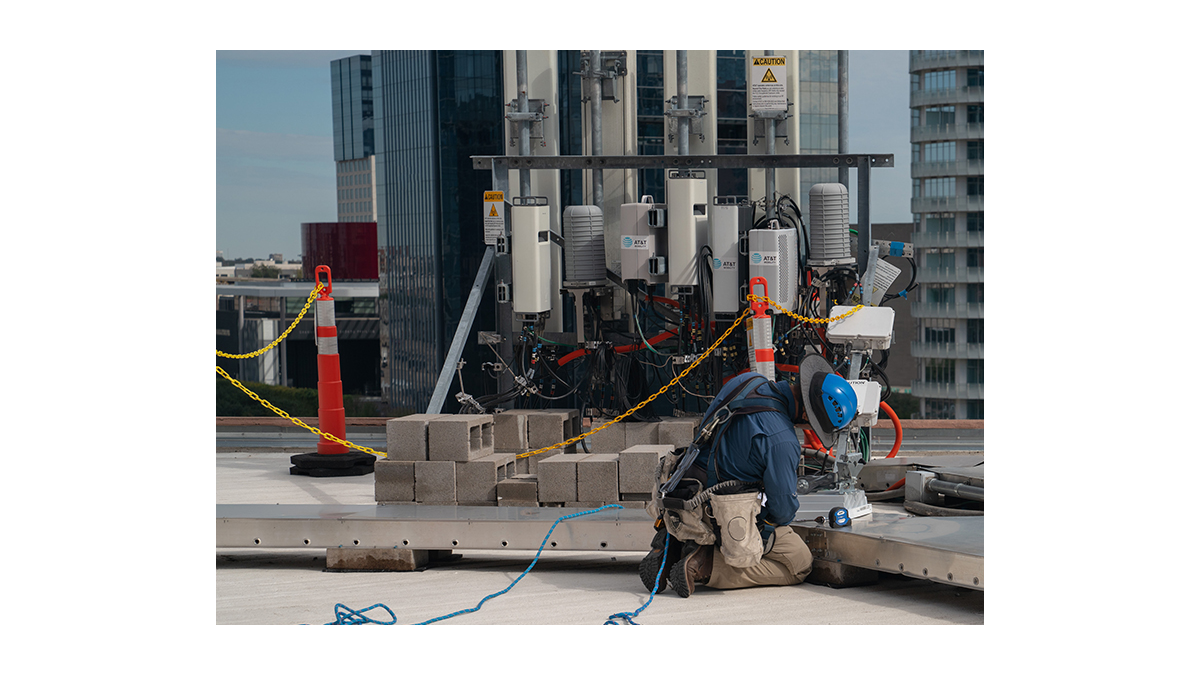Another telecom vendor warns of Q1 troubles
Viavi predicted a shortfall in its quarterly revenues due to a 'higher than expected pullback' in product orders. The warning follows similar cautions from Adtran and Lumentum.

Viavi, which sells network test and measurement equipment, warned Monday of a shortfall in its quarterly revenues due to a "higher than expected pullback" in product orders.
"The pullback in R&D spend at network equipment manufacturers (NEMs) and semiconductor companies was much higher than anticipated leading to revenue and non-GAAP [generally accepted accounting principles] operating margin coming in below the lower end of our guidance," said Viavi's CEO Oleg Khaykin in a release from the company.
"The spending conservatism and rapid slowdown that we saw in the Service Provider and Data Center spend at the end of fiscal first quarter is now percolating down to the system and component suppliers," Khaykin added.
Viavi now expects to report between $246 million and $248 million in revenues in its most recent quarter – the company's fiscal third quarter – down from its initial expectations of between $256 million and $276 million.
'Slower macro'
Some analysts see the development as yet another signal of an overall slowdown in demand for telecom equipment.
"No company is fully immune from the slower macro, and we expect to see some relative softness in the forward-looking metrics for all," wrote the financial analyst at Rosenblatt Securities in a recent note to investors. The analysts noted that some companies are likely to emerge from the situation unscathed, but not all will.
Adtran and Lumentum – two big telecom equipment component suppliers – have already warned that their quarterly earnings will be significantly lower than they initially expected due to pullbacks from customers.
According to the financial analysts at Raymond James, one reason for the decreased earnings projections is an overall slowdown in spending among big telecom network operators.
"We now forecast aggregate 2023 operator capex to grow just 1% [in the first quarter], which is down from up 4% last quarter, and well below the 16% growth posted in 2022," they wrote in a recent note to investors. They pointed to a slowdown in spending by telecom network operators like AT&T, Verizon and BT, as well as data center operators like Google.
Figure 1:  (Source: AT&T)
(Source: AT&T)
AT&T, Verizon and other wireless network operators have signaled that they intend to reduce their 5G network spending in the coming months.
The same slowdown is happening on a global scale. According to research and consulting firm Dell'Oro Group, global telecom capex is projected to decline by 2% to 3% over the next three years.
"Positive growth in India will not be enough to offset sharp capex cuts in North America," the firm warned.
Reducing stockpile
However, according to the Raymond James analysts, there's a secondary factor driving some of the recent revenue warnings among US telecom equipment vendors.
"In the near term, our industry checks suggest carriers are absorbing inventory built up during the pandemic," they wrote.
They explained that US telecom network operators stocked up on equipment during the pandemic amid supply chain troubles and component shortages. Now, though, they're reducing that stockpile as the troubles ease. As a result, they're cutting some of their equipment orders.
Viavi, for its part, reported net revenue of $284.5 million, down 9.6% year-over-year, in its most recent quarterly report. The company also announced it would cut 5% of its global workforce.
Viavi's shares have lost around 30% of their value over the past six months.
Related posts:
— Mike Dano, Editorial Director, 5G & Mobile Strategies, Light Reading | @mikeddano
About the Author(s)
You May Also Like












